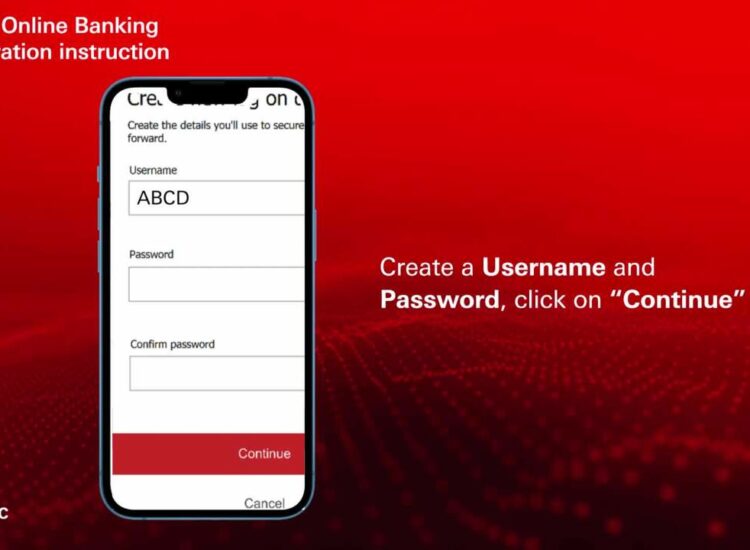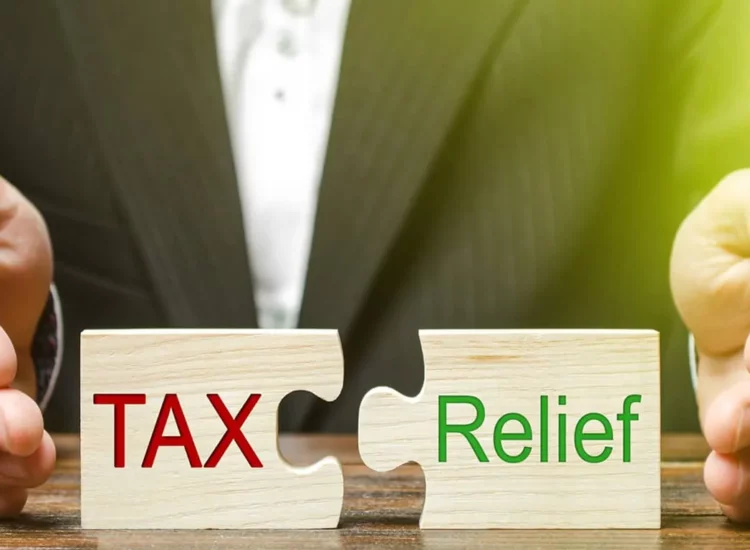In today’s fast-paced world, managing personal finances has become a significant challenge for many. With the ease of credit access, it’s not uncommon to find oneself juggling multiple debts across credit cards, loans, and other financial obligations. This scenario often leads to overwhelming stress and financial strain. However, there’s a beacon of hope for debt-ridden consumers—online debt consolidation. This comprehensive guide aims to explore the ins and outs of online debt consolidation, providing you with actionable insights to regain control of your financial health.
Toc
Understanding Online Debt Consolidation

Online debt consolidation is a financial strategy that involves combining multiple debts into a single, more manageable loan. The primary goal is to lower the overall interest rate you’re paying on your debts and to simplify your monthly payments. By consolidating debt online, you can take advantage of streamlined processes, digital tools, and potentially better rates due to the competitive nature of online lenders. This approach can help you reduce the amount of money you owe and make it easier to stay on top of your payments.
How Online Debt Consolidation Works
The process of online debt consolidation is simple, and it typically involves the following steps:
- Assessing Your Debts: The first step is to identify all your debts and their associated interest rates. This allows you to determine the total amount you owe and compare it to potential consolidation loan options.
- Researching Online Lenders: With numerous online lenders in the market, it’s essential to research and compare different options based on their interest rates, terms, and fees.
- Applying for a Consolidation Loan: Once you’ve identified a suitable lender, you can begin the application process. This usually involves filling out an online form and providing supporting documents such as proof of income and a list of your debts.
- Approval & Disbursement: If your application is approved, the lender will disburse funds to pay off your existing debts, leaving you with one consolidated loan to repay.
- Repayment: With online debt consolidation, you’ll have a single monthly payment to make, and you can typically set up automatic payments for added convenience.
Benefits of Online Debt Consolidation
- Lower Interest Rates: By consolidating your debts, you may be able to secure a lower interest rate than what you were paying previously. This can save you thousands of dollars in the long run.
- Simplified Repayment: With one loan to manage, you won’t have to juggle multiple payments and due dates, making it easier to stay on top of your finances.
- Potential for Better Terms: Online lenders may offer more flexible repayment terms compared to traditional banks, such as longer repayment periods or lower minimum monthly payments.
- Convenience: The entire process of online debt consolidation can be completed from the comfort of your own home, making it a convenient option for busy individuals.
Maintaining Financial Discipline After Consolidation
Once you have consolidated your debts, the next crucial step is maintaining financial discipline to ensure you do not fall back into debt. This requires a commitment to budgeting, monitoring your spending, and making consistent payments on your consolidation loan. Start by creating a realistic budget that includes your monthly income, expenses, and the consolidated loan payment. Prioritize saving for emergencies to avoid taking on new debt for unexpected costs. Additionally, monitor your spending habits closely and cut back on unnecessary expenses. Regularly reviewing your financial goals and progress can keep you motivated and on track. Remember, debt consolidation is not just a quick fix but a step towards a more stable financial future, requiring ongoing discipline and financial management.
Things to Consider Before Consolidating Debt Online

While online debt consolidation may seem like an attractive solution for managing multiple debts, there are some factors to consider before making the decision:
- Your Credit Score: In order to qualify for a lower interest rate and better repayment terms, you’ll typically need a good credit score. If your credit score is low, it may be challenging to find a suitable consolidation loan.
- Fees & Charges: Some online lenders may charge origination fees or other upfront costs for the consolidation loan, so make sure to carefully review all terms and conditions before signing on.
- Impact on Credit Score: Consolidating debt can have a positive impact on your credit score in the long run, but there may be a dip initially due to the credit inquiry and closing of multiple accounts.
- Alternative Options: Before committing to online debt consolidation, it’s worth exploring other options such as balance transfer credit cards or negotiating with creditors for lower interest rates. These may be more suitable for your financial situation and goals.
Choosing an Online Debt Consolidation Service
Selecting the right online debt consolidation service is absolutely critical for anyone looking to manage their financial situation more effectively. It’s essential to focus on finding reputable lenders that not only have positive reviews from previous customers but also offer transparent and understandable terms. When evaluating potential services, consider several key factors carefully:
- The interest rates offered by the lender, as lower rates can significantly reduce your monthly payments and the total cost over the life of the loan.
- Any fees associated with the consolidation loan, including origination fees, late payment fees, and any other charges that could add to the cost.
- The terms and conditions of the loan agreement, paying close attention to the repayment period, penalties for early repayment, and any clauses that could affect your financial flexibility.
- The quality of customer service and support, ensuring that you have access to helpful and responsive assistance whenever you need it.
Before making a final decision, it’s highly advisable to compare multiple options. Use tools like online calculators to help you visualize the potential savings and overall impact on your financial situation. This comparison can illuminate how different rates, terms, and fees can affect your long-term financial health, helping you to make the most informed choice possible.
Getting Started with Online Debt Consolidation
If you’re ready to take control of your debt and simplify your financial management, online debt consolidation may be the right solution for you. Begin by researching reputable lenders and evaluating their offers based on your specific needs and goals. Once you have found a suitable option, complete the application process and provide any requested documents. Upon approval, make sure to carefully review all terms and conditions before signing the loan agreement. With diligence and discipline, online debt consolidation can help you achieve financial stability and peace of mind. So, take the first step towards a more secure financial future by considering online debt consolidation today!
Remember, it’s important to be proactive in managing your finances and seeking out solutions that can improve your overall financial well-being. Don’t hesitate to seek professional financial advice if needed, and always stay committed to maintaining good financial habits even after consolidating your debts. With the right approach, you can achieve a more stable and stress-free financial future. So start exploring your options for online debt consolidation today! Your future self will thank you. Let’s take control of our finances and pave the way towards a brighter financial future together.
Long-Term Financial Planning: Charting a Course for Future Stability
Long-term financial planning is an essential practice that prepares individuals for future financial security and stability. It involves setting financial goals, planning for retirement, investing wisely, and managing risks and assets over an extended period. Long-term planning encourages a holistic view of one’s finances, taking into account various life stages and potential changes in economic conditions. It requires regular review and adjustments to stay aligned with one’s evolving financial goals and life circumstances. By committing to long-term financial planning, individuals can ensure they are well-prepared for retirement, able to support their family’s future needs, and ready to handle unforeseen financial challenges. This strategic approach helps in building a solid financial foundation that can withstand the tests of time and market fluctuations, leading to a more peaceful and secure financial future. So, start planning for your future today and pave the way towards a more stable and fulfilling financial journey.
Conclusion

Online debt consolidation offers a viable solution for consumers struggling with debt, providing a way to simplify payments, save on interest, and potentially improve credit scores. By taking a cautious and informed approach, you can make a decision that aligns with your financial goals and start on the path to a debt-free life.
Remember, while online debt consolidation can be a powerful tool, it’s part of a broader financial strategy that includes budgeting, saving, and responsible spending. Empower yourself with knowledge and take control of your financial destiny.
Additional Resources
- Federal Trade Commission’s guide to Debt Consolidation: https://www.consumer.ftc.gov/articles/0150-coping-debt
- Consumer Financial Protection Bureau’s resources on Debt Consolidation: https://www.consumerfinance.gov/consumer-tools/debt-consolidation/
- National Foundation for Credit Counseling’s advice on choosing a Debt Consolidation service: https://www.nfcc.org/resources/blog/how-to-choose-the-right-debt-consolidation-company-for-you/
- Financial Consumer Agency of Canada’s tips on Managing Debt: https://www.canada.ca/en/financial-consumer-agency/services/managing-your-money/taking-control-debt/1.html (note: replace ‘Canada’ with your country for relevant resources)
Endnotes:
- It’s important to regularly review and assess your financial situation, even after consolidating your debt. Make sure to continue making responsible spending decisions and build healthy financial habits.
- Remember that debt consolidation is not a quick fix and requires discipline and commitment. It’s essential to have a long-term plan for managing your finances and staying on top of your debt.
- Seek advice from financial experts or credit counselors if you’re struggling with managing your debt. They can provide personalized guidance and help you create a feasible repayment plan.












